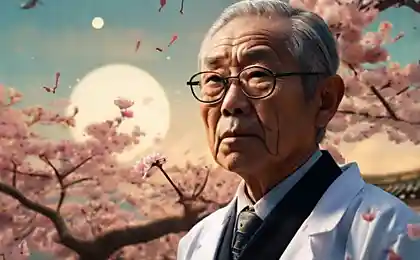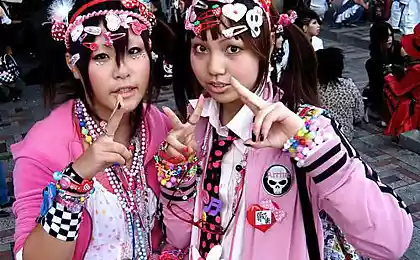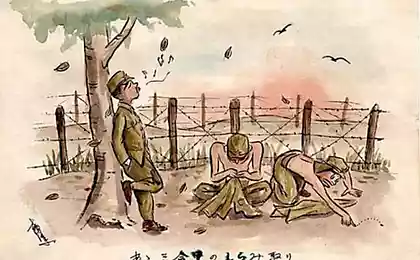149
The Secrets of Japanese Longevity
Age of longevity The average life expectancy in Japan is 84 years! Nutrition, lifestyle and back training play a huge role in longevity, because the inhabitants of the country of the rising sun consider a key to success.
The Japanese lead a vertical lifestyle, their teas are many times more useful than ours, and a curved neck for them is generally considered the main sign of health problems. Today we will share with you the rules of a healthy life that will help you live to the cherished mark of 100 years.
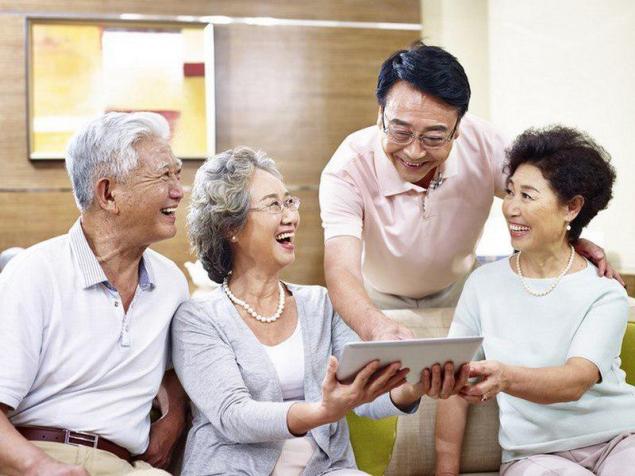
We get to work by car to do a shift, while for the Japanese, the car remains a luxury, and everyone is used to traveling by public transport. They stand in the subway and walk to the place of work, and some even work at the computer standing. And while we've talked about why the spine doesn't like it when we're sitting, we still want to talk more about nutrition.
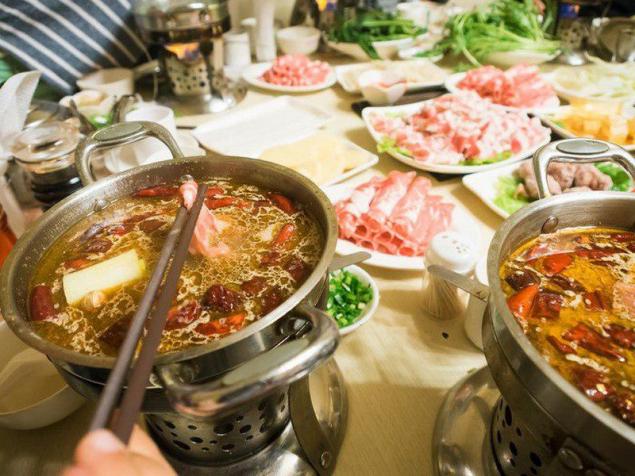
When dining, the Japanese are guided by the 80% rule, which means not to finish the food completely and leave a little food. In addition, the size of their plates is much smaller, and they feast on sticks, not huge spoons.
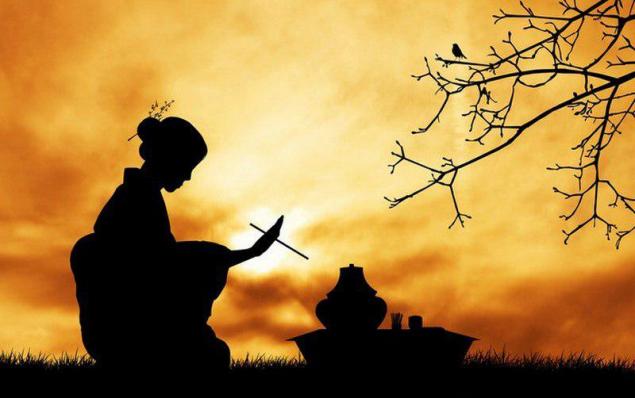
Many of us love fried food and deep-fried food, while the Japanese prefer to cook or steam. We have fatty soups and salts, they have lean broths with algae.
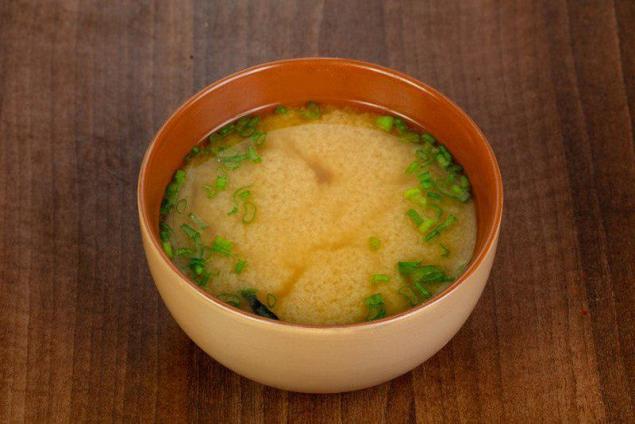
In the hospital more often than in the barbershop
Health care in Japan is at the highest level: residents of this country visit the clinic at least 12 times a year. An interesting feature: patients can choose their own doctor.
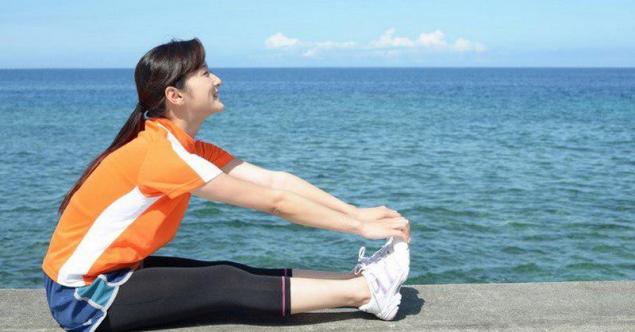
Tea as the meaning of life
Japanese tea is many times more useful than tea in bags familiar to us, and what is only worth "mattya" - rubbed green tea in the form of powder, without which no tea ceremony can do.
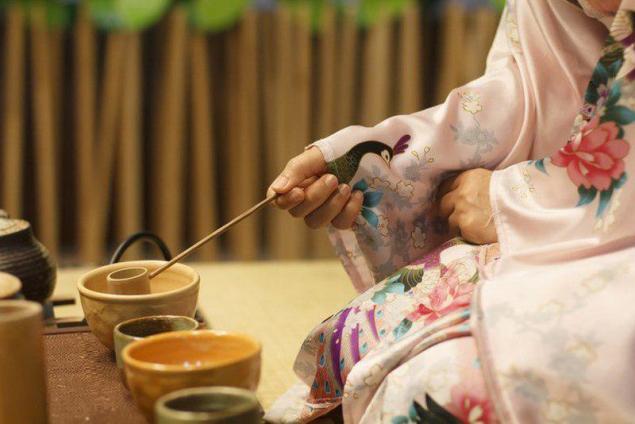
The goldfish exercise
Healer Katsuzo Nishi described useful training for unloading the spine, the most effective of which can be called the exercise “Goldfish”. On how to do a miracle warm-up, we wrote in a separate article.
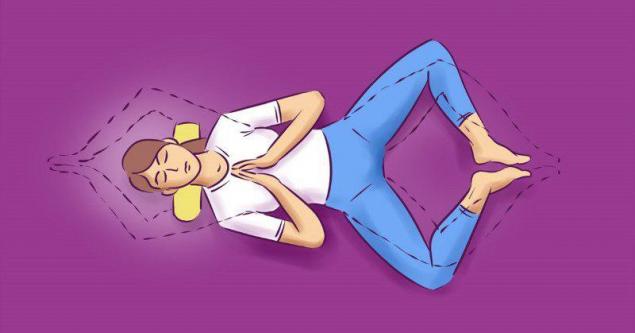
The Japanese are obsessed with cleanliness: they wash twice a day and are not lazy to clean up the house and workplace. Shopkeepers wash the sidewalk in front of the entrance, cleaners wipe trash cans, and airline employees manually clean carpets from the smallest motifs.
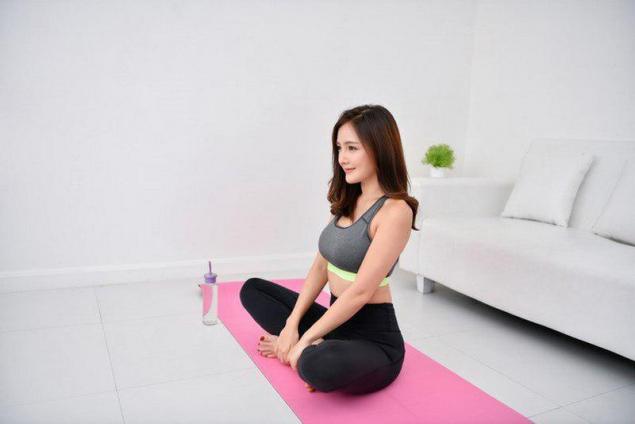
The culture of the islanders is original and unique: get acquainted with Japanese sayings that are not devoid of meaning and deep philosophy.
The secret to longevity lies in the simple attitude to everything: Dr. Wong made a plan for a healthy lifestyle, and his revelations made a sensation in the society of nutritionists.
The Japanese lead a vertical lifestyle, their teas are many times more useful than ours, and a curved neck for them is generally considered the main sign of health problems. Today we will share with you the rules of a healthy life that will help you live to the cherished mark of 100 years.

We get to work by car to do a shift, while for the Japanese, the car remains a luxury, and everyone is used to traveling by public transport. They stand in the subway and walk to the place of work, and some even work at the computer standing. And while we've talked about why the spine doesn't like it when we're sitting, we still want to talk more about nutrition.

When dining, the Japanese are guided by the 80% rule, which means not to finish the food completely and leave a little food. In addition, the size of their plates is much smaller, and they feast on sticks, not huge spoons.

Many of us love fried food and deep-fried food, while the Japanese prefer to cook or steam. We have fatty soups and salts, they have lean broths with algae.

In the hospital more often than in the barbershop
Health care in Japan is at the highest level: residents of this country visit the clinic at least 12 times a year. An interesting feature: patients can choose their own doctor.

Tea as the meaning of life
Japanese tea is many times more useful than tea in bags familiar to us, and what is only worth "mattya" - rubbed green tea in the form of powder, without which no tea ceremony can do.

The goldfish exercise
Healer Katsuzo Nishi described useful training for unloading the spine, the most effective of which can be called the exercise “Goldfish”. On how to do a miracle warm-up, we wrote in a separate article.

The Japanese are obsessed with cleanliness: they wash twice a day and are not lazy to clean up the house and workplace. Shopkeepers wash the sidewalk in front of the entrance, cleaners wipe trash cans, and airline employees manually clean carpets from the smallest motifs.

The culture of the islanders is original and unique: get acquainted with Japanese sayings that are not devoid of meaning and deep philosophy.
The secret to longevity lies in the simple attitude to everything: Dr. Wong made a plan for a healthy lifestyle, and his revelations made a sensation in the society of nutritionists.


